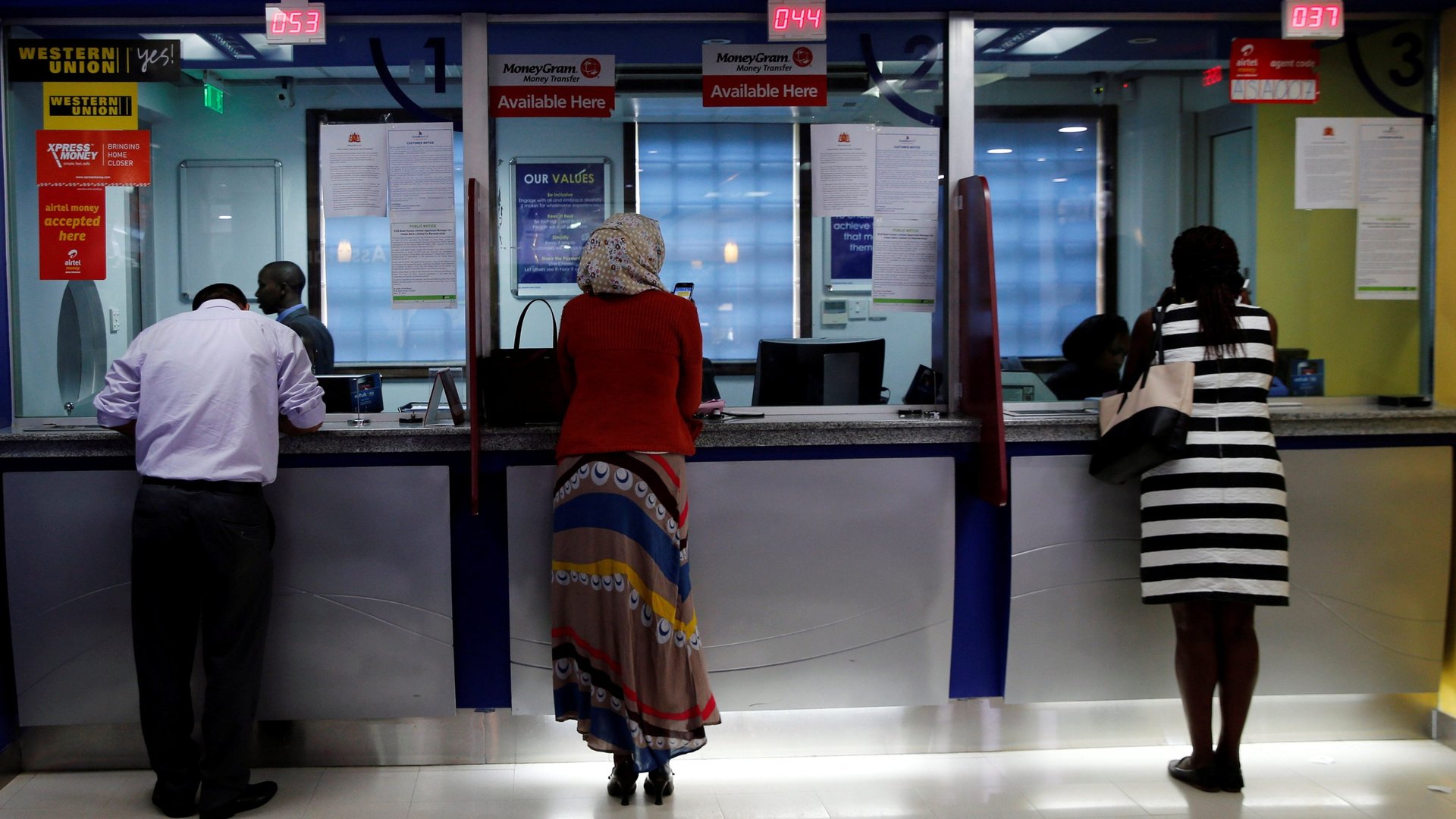Kenya aims to become the next global center of Islamic finance
East Africa’s biggest economy is positioning itself to become a regional hub for Islamic finance products. Kenya’s treasury ministry recently unveiled a plan to mainstream Islamic financing as part of an effort to stimulate economic growth, and to help set the sector up as a source of development funding


East Africa’s biggest economy is positioning itself to become a regional hub for Islamic finance products. Kenya’s treasury ministry recently unveiled a plan to mainstream Islamic financing as part of an effort to stimulate economic growth, and to help set the sector up as a source of development funding
Finance minister Henry Rotich said on March 30 that the government would propose amendments to the financial laws and issue new regulations to facilitate a Sharia-compliant retirement benefits scheme. It will also amend the public finance management act to provide for the issuance of sukuk, or Islamic bonds.
Islamic finance is based on profit-sharing, and prohibits the collection and payment of interest, or usury. The two-trillion dollar global Islamic finance industry has grown as a mechanism for financing development, including in non-Muslim countries.
Some 11% of Kenya’s 44 million people are counted as Muslim. But in the past, Kenyan regulators have noted that it was “hard” to convince lawmakers of the Islamic finance industry’s potential—especially while the government was battling the jihadist fundamentalist group al-Shabaab. Since invading Somalia in 2011, al-Shabaab has targeted Christians in buses, attacked churches, stormed an upscale shopping mall, and killed 147 people at a university.
Regulatory agencies say Kenya is now ready to allow Islamic finance and banking to thrive. Speaking at the second annual East Africa Islamic Economy Summit on April 11, Paul Muthaura, the chief executive officer of the Capital Markets Authority, said the country plans to make Kenya a hub for Islamic finance.
Kenya is already a regional leader in Islamic banking. The country has two fully-operating Islamic banks, with a third one being authorized. There’s also one takaful Islamic insurance company, a sharia-compliant mutual fund, and two cooperatives. In December, Kenya joined the Islamic Financial Services Board, a Malaysia-based body that regulates and promotes sound and transparent Islamic financial services globally.
Kenya’s banking industry has faced challenges in the recent past, with some banks folding or merging with others to survive. Legislation capping interest rates is also reportedly making it harder for banks to access loans or credit.